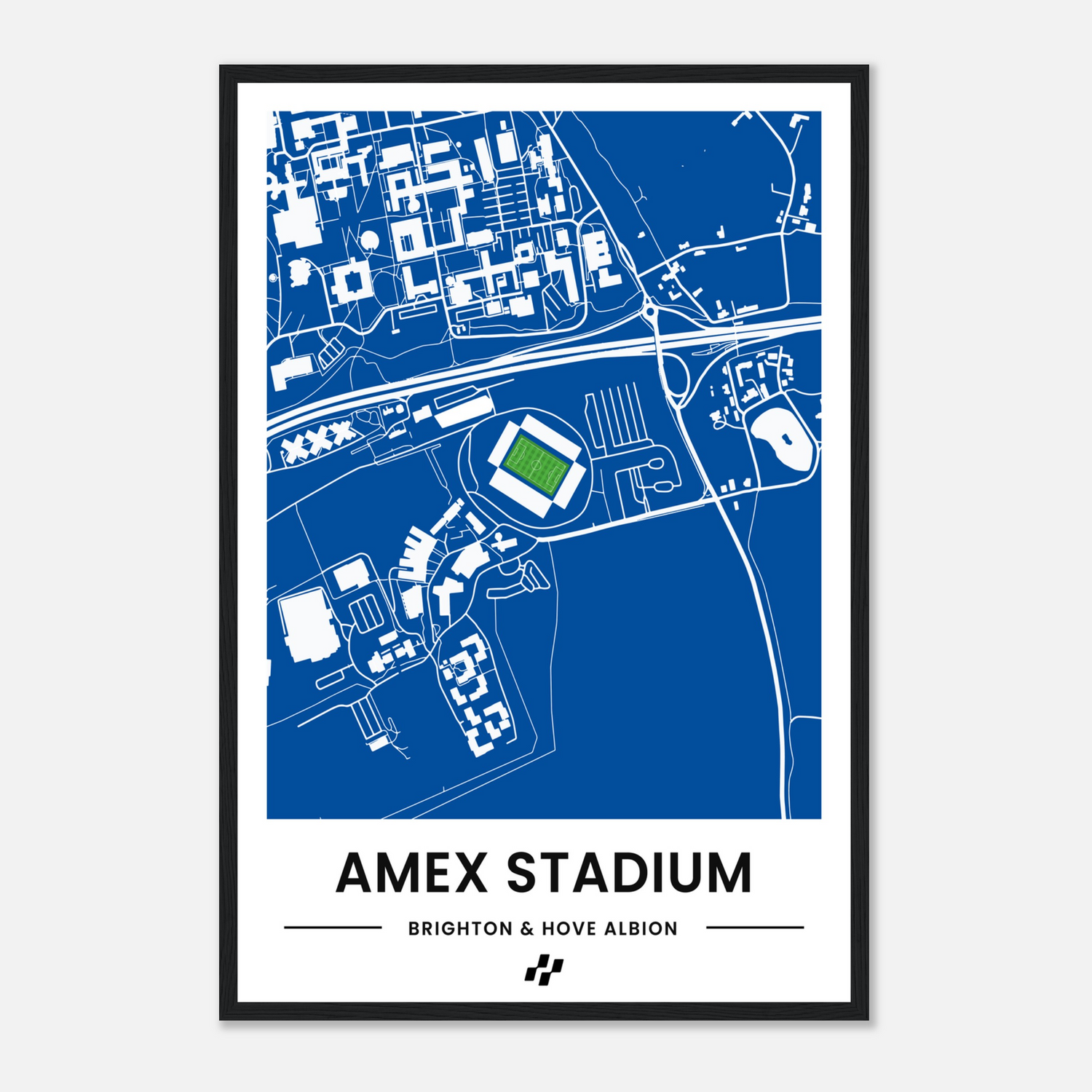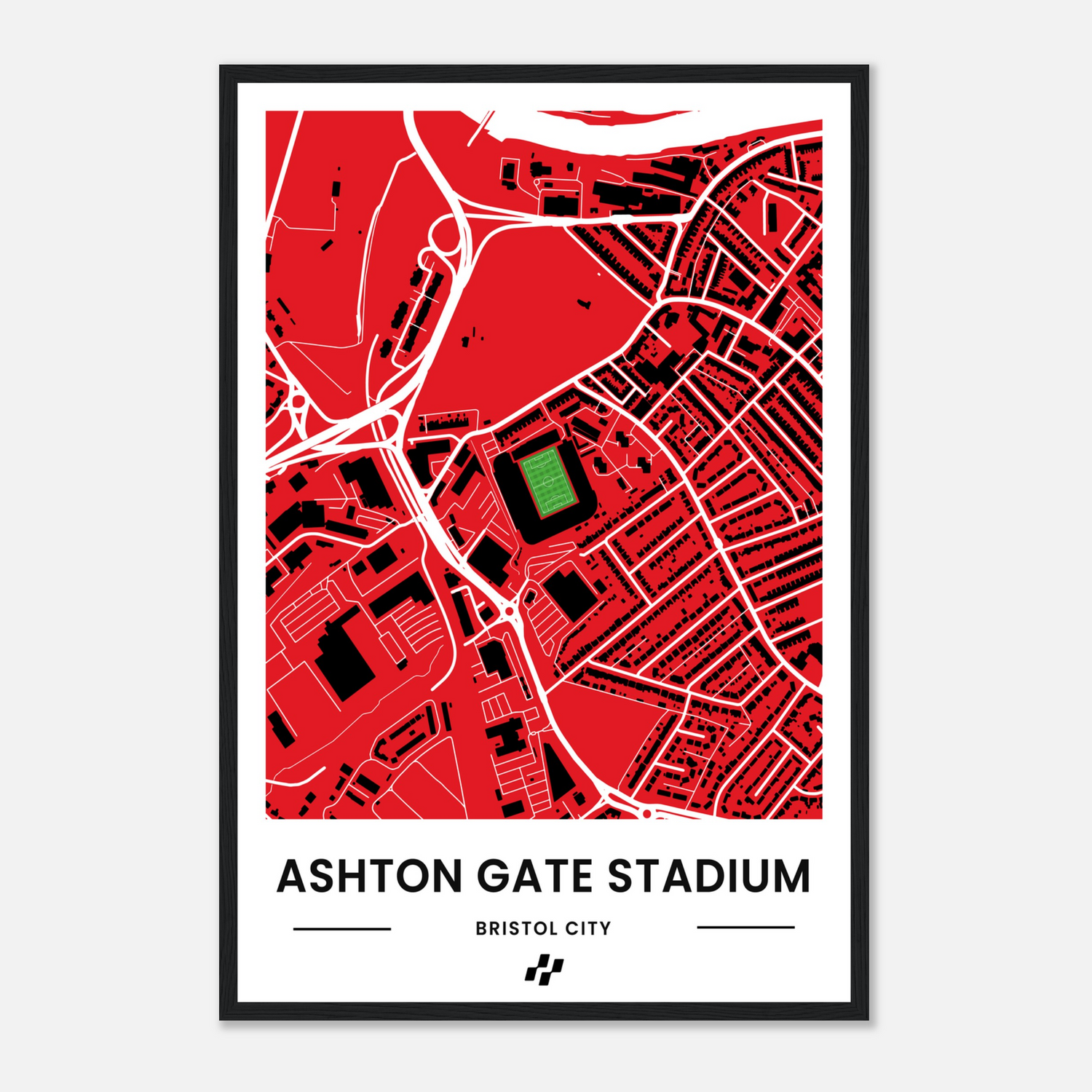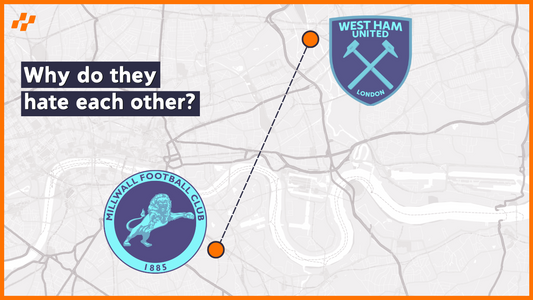
How Alex Ferguson Dominated Europe With Aberdeen
Share
Sir Alex Ferguson is best known for his years with Manchester United, culminating with the Red Devils' triumph in the 1999 UEFA Champions League, He won 38 major trophies during his 27-year reign at Old Trafford, achieving 13 Premier League titles, five FA Cups, four League Cups, ten Community Shields, two Champions League, a European Cup Winners' Cup, a European Super Cup, an Intercontinental Cup and one FIFA Club World Cup.
However, while many will argue that the evening in 1999 was Ferguson's crowning achievement, try telling that to the people of Aberdeen. After all, it was in Aberdeen that the legendary Scotsman first made a name for himself on the European stage, winning the 1983 UEFA Cup Winners' Cup and putting the Dons back on the map by ending Celtic and Rangers' dominance north of the border.
In this article, we tell the story of how the great Sir Alex Ferguson defied the odds and dominated Europe with Aberdeen.
Watch our YouTube video instead here
1. An Unlikely Appointee
In June 1978, the Aberdeen board made an unlikely appointment - Alex Ferguson. He took over from Billy McNeill, who had left to manage Celtic after only a season with the Dons. Despite being a major Scottish club, Aberdeen had only clinched the league title once in their history, back in 1955 under Dave Halliday.
Ferguson was a young manager at the time, only four years into his managerial career. He was barely older than some of the players, which made it difficult for him to gain the respect of the older squad members, particularly striker Joe Harper. However, the squad he inherited had been performing well, having not lost a league match since the previous December and finishing second in the league the previous season.
2. Early Challenges and Building the Team
Set against this benchmark, Ferguson's first season at Aberdeen was not as successful as he might have hoped. The club reached the semi-final of the Scottish Cup and the final of the Scottish League Cup, losing 2-1 to Rangers and ended up finishing fourth in the league.
Ferguson later admitted his mind was not fully focused on the task at hand. Rather, he was preoccupied with his father’s lung cancer battle and ongoing legal disputes over his departure from St Mirren.
Despite these early challenges, Ferguson was undeterred. He began to mold the squad to his liking, instilling his discipline and hard working ethos into the club. He reshaped his team, letting go of players he felt wouldn't contribute to his vision while actively scouting and recruiting talents that he believed would be pivotal in achieving his objectives. The signings of Gordon Strachan, Willie Miller, and Alex McLeish not only strengthened the team but also brought an exciting brand of football to Pittodrie.
3. Shattering the Duopoly
Aberdeen started the 1979-80 season on shaky grounds, but their form underwent a dramatic improvement as the year turned.
Another League Cup final came in December, this time against Dundee United. Yet again, the Dons fell at the final hurdle, with a thumping 3-0 defeat in a replay. Ferguson later accepted responsibility for the disappointment, saying that he should have changed his personnel after the initial 0-0 stalemate. It was in the second half of the campaign that his team finally began to hit some consistent form.
The revival culminated in a spectacular 5-0 victory on the final day of the season, securing their first league title in 25 years. This achievement was significant not just for Aberdeen, but for Scottish football as a whole, as it marked the first time in 15 years that the league had not been won by either Rangers or Celtic.
This title win served as a turning point in Ferguson's relationship with his players. They finally seemed to fully believe in their manager, with Ferguson later reflecting, "That was the achievement which united us. I finally had the players believing in me."
Ferguson's strict discipline and fiery demeanour earned him the nickname "Furious Fergie" amongst his players. His tough love approach included fining striker John Hewitt for overtaking him on a public road and kicking a tea urn at the players at half time after a poor first half. However, this strict demeanour was part of his strategy to create a hardened, motivated team capable of challenging the status quo of Scottish football.
Ferguson further enhanced the fighting spirit within the club by creating a 'siege mentality'. He accused the Scottish media of being biased towards the Glasgow clubs, using this perceived slight to fuel his team's determination and unite them against a common enemy. This mentality paid dividends, with Aberdeen continuing their success with a Scottish Cup win in 1982. resulting in them qualifying for Europe in 1982/83.
Despite this success, Ferguson was far from satisfied. He declined an offer to manage Wolverhampton Wanderers, stating that the club was in trouble and that his "ambitions at Aberdeen were not even half fulfilled". The determination to take Aberdeen further was evident. Little did anyone know that the best was yet to come.
4. Conquering Europe
Ferguson's rise to European prominence began in earnest during the 1982-83 season with Aberdeen's campaign in the UEFA Cup Winners' Cup. Aberdeen's campaign started relatively smoothly, overcoming Swiss side Sion in a two-legged tie 11-1 on aggregate. After overcoming Albanian side FK Dinamo Tirana in the first round and then Polish outfit Lech Poznan in the second, Aberdeen all of a sudden, were into the last-eight and preparing to go toe-to-toe with Bayern Munich. Karl-Heinz Rummenigge was one of the stars who populated the Bayern Munich team - which was largely made up of players who had helped the national side finish as runners-up in the World Cup in the preceding summer.
A goalless draw in Germany pleased many, but Ferguson was dissatisfied with the scoreline.
He later said of the match: "When we drew 0-0 over there I was the only one who was unhappy because I thought we needed an away goal and should have got one.
"We played really fantastic and were unlucky. We hit the post twice and were a better team."
In the second leg, Having gone 2-1 down in the 61st minute, two quickfire goals left the visitors firmly defeated. Aberdeen had eliminated one of the tournament's favourites.
The 3-2 victory set up a semi final tie with Belgians Waterschei Thor, who actually ceased to exist just five years later.
Aberdeen won the first-leg 5-1, winning 5-2 on aggregate and cementing their place in the final.
The stage was set for the final in Gothenburg, Sweden, against the Spanish giants, Real Madrid. In the biting cold and torrential rain, Aberdeen put on a performance for the ages.
After taking an early lead through Eric Black, the Scots conceded a penalty after a mistake by Alex McLeish. It was converted by Juanito, and the score would remain 1-1 for the remainder of regulation time. It was an edgy 90 minutes, but most onlookers believed Aberdeen were firmly the better side.
It was John Hewitt who secured an historic winner in the second half of extra-time on the 112th minute to deliver one of the most famous ever triumphs by a Scottish team. Ferguson's men had done it on the grandest stage, making Aberdeen the third Scottish club to win a European trophy.
5. Legacy
Ferguson's time at Aberdeen was not just about trophies, though. It was about transforming a club that had been in the shadows for too long into a genuine force in European football. His influence extended beyond the trophies he won - he changed the mindset of an entire city. He made people believe that it was possible to compete with the best, and he gave them a team that did just that.
Ferguson laid a blueprint for success that has not been replicated since his eight years at the helm. His departure from Aberdeen to Manchester United in 1986 marked the end of an era.
Ferguson was the leading candidate for the Old Trafford job after Ron Atkinson failed to restore Manchester United's glory years. He remarked after accepting the job at the English club that he "couldn't possibly" have turned it down.
It has now been decades since Aberdeen won a league championship. The title in 1985 also marked the last time it did not go to one of the Glasgow teams.
Ferguson's tenure at Aberdeen, marked by domestic dominance and European glory, is a testament to his ability to take on the biggest of challenges and emerge victorious.





